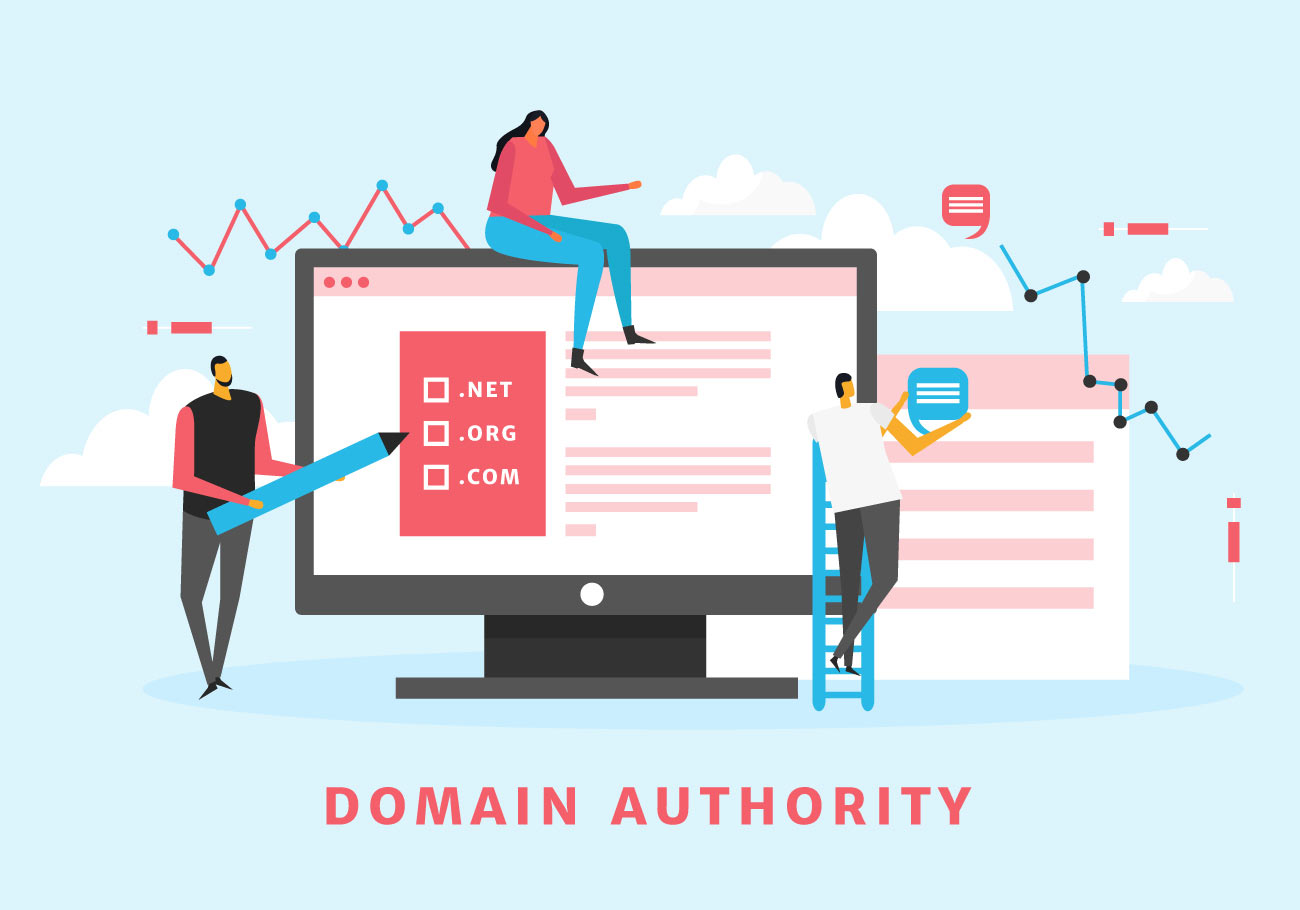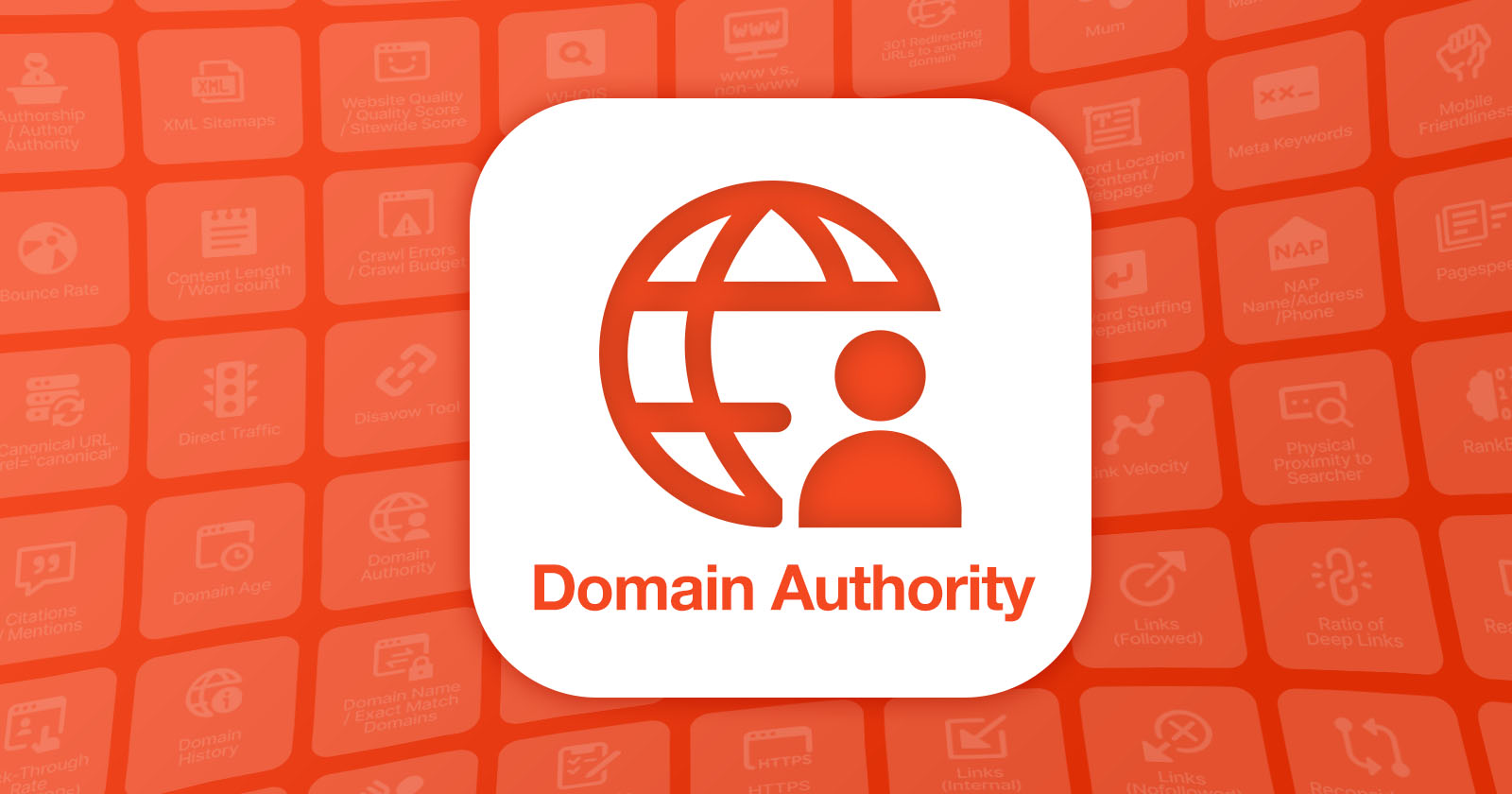

Are you looking to increase your website's visibility and rankings in the search engine results pages? If so, it is important to understand how to crack the code of website domain authority.
Domain authority is a measure of your website's strength and influence in the eyes of search engines. In this article, we will discuss the core factors for domain authority, how to optimize website content to increase domain authority, and how to analyze the competition in order to stay ahead.
By the end, you will have the knowledge and strategies necessary to master website domain authority and reap the rewards of higher search engine rankings.
Building upon the key components of age, link profile, and content quality, there are several core factors that can further improve domain authority. These include the technical aspects of a website, such as its design, speed, and security; the performance of the host server; and the quality of the content.
SEO compliance is also essential for website visibility and to ensure the website is properly indexed and ranked by search engines. Additionally, more and more importance is being placed on user experience when it comes to domain authority. The website should be intuitive, well-structured, and easy to navigate.
Finally, the website should be regularly updated with fresh content and optimized for mobile devices. All these components are key to improving domain authority.
A website's domain authority is also greatly impacted by its content's optimization. To maximize the potential of a website, content should be well-crafted, accurate, and fresh. Quality content should include relevant keywords and phrases, appropriate length, and easy-to-read formatting. Content should be regularly updated and optimized for various devices and search engine algorithms.
Additionally, it should be interesting and engaging to readers. Images, videos, and other interactive elements can also help enhance content and its optimization. Lastly, content should always be reviewed and edited for accuracy as well as for language and grammar. The combination of all these factors will help ensure that a website reaches its full potential in terms of its domain authority.

By leveraging other websites to link back to yours, you can effectively increase the domain authority of your website. Links from other websites to yours are known as backlinks, and they serve as a way to improve your website's visibility and rankings in search engine results pages.
When other websites link to yours, they are essentially giving your website a vote of confidence, which helps to boost the domain authority of your website. To acquire backlinks, you can reach out to other websites and offer to provide content in exchange for a link to your website. This is an effective way to create quality backlinks that will be beneficial to your website.
Additionally, you can leverage social media platforms to spread the word about your website and encourage people to link to it. However, it is important that you create high-quality content that other websites are interested in linking to. This will help you to gain more backlinks, and increase the domain authority of your website.
Second only to creating quality content, analyzing competitors is an essential step in mastering website domain authority. Knowing who's out there, what they offer, and what works for them can provide a valuable insight into how to better position your own website. Knowing your competitors' strengths and weaknesses can help you to create a more effective strategy to increase your authority.
Additionally, staying up to date on their progress allows you to adjust your own tactics to stay ahead of the competition. Analyzing competitors can be done in a variety of ways.
Researching their website, studying SEO trends, and monitoring their social media presence are all key strategies. By understanding what their customers are responding to, you can adjust your own website accordingly to maximize your own visibility. Additionally, keeping tabs on your competitors can help you spot emerging trends and new opportunities that you can capitalize on.

Tracking progress is an essential part of mastering website domain authority. Analyzing metrics such as domain authority, page authority, and backlinks can help you measure the success of your efforts.
It's important to regularly check your progress to ensure that you're following the right strategy and making the necessary adjustments. Monitoring the performance of your competitors is also necessary to make sure that you're staying ahead of the game. Keeping track of changes in their domain authority and backlinks can help you stay ahead of the competition.
Additionally, it's important to pay attention to changes in search engine rankings for both your website and those of your competitors. By keeping an eye on these metrics, you can ensure that your website remains competitive and stays at the top of search engine rankings.
Once you have achieved a high domain authority, you can start to reap the benefits of increased online visibility and credibility. Your website will rank higher on search engine results, boosting your website traffic and boosting the chances of gaining potential customers.
This, in turn, can translate to increased profits and a higher reputation in your industry. Additionally, a high domain authority will give your website credibility, as it makes it appear more trustworthy and establishes your brand as an authority in your field.
This can help to attract more customers, as people are more likely to trust websites with a higher domain authority. With these benefits in mind, it is well worth the effort to increase your website's domain authority.

To track changes to your website's domain authority over time, you should regularly check the metrics of your domain. This includes looking at your domain's link profile, referring domains, page authority, and traffic. You should also utilize tools such as Moz's Open Site Explorer to track the progress of your domain authority. Additionally, use Google Analytics to monitor how your website is performing in terms of organic search traffic. By keeping an eye on these metrics, you can accurately track changes to your website's domain authority over time.
The length of time it takes to build domain authority will depend on the individual website and the effort put into it. Factors such as the quality of content, the number and quality of backlinks, and how often the website is updated will all influence how quickly domain authority will build. Generally speaking, it can take several months or more of consistent effort to see meaningful results, with higher domain authority scores taking even longer to achieve. As such, it's important to be patient and persistent when attempting to build domain authority.
Yes, there is a limit to how high a domain authority score can be. Generally, domain authority scores range from 0 to 100, with higher scores indicating a higher level of trustworthiness. The highest possible domain authority score is 100, and this is achieved by only a few websites due to the difficulty of obtaining such a high score. To improve a domain authority score, it is important to increase the number and quality of inbound links, ensure that the website content is well-crafted and engaging, and build a strong brand presence.